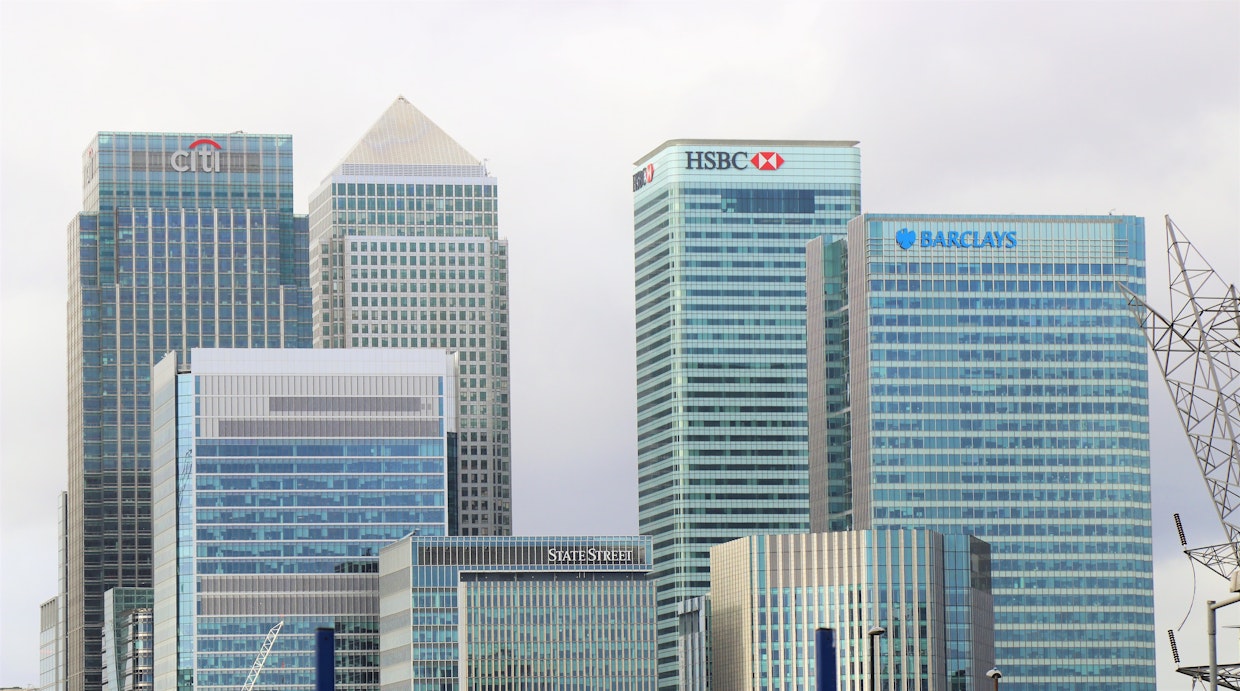
|
|
Moving on from cheques

Cheque usage continues to decline every year.
From 1 March 2020, Inland Revenue will no longer be accepting cheques
There are many different ways to pay – electronically or in person.
Here’s a summary of payment options:
• myIR: You can pay by direct debit and make debit card and credit card payments securely through myIR online services. Visit their website (ird.govt.nz) and login or register for myIR.
• Online banking: You may be able to make payments using online banking. Contact your bank for more information.
• Credit or debit card via the IRD website: Use your credit or debit card to make online payments through the website. Visit ird.govt.nz/pay.
• In person at Westpac: Pay by EFTPOS or cash at a Westpac branch or Smart ATM.
• Money transfer: If you are overseas you can the IRD using a money transfer service. Search for “make a payment” on the IRD website for more information.
Charges may apply for some payment options.
In the meantime, if you would like more information visit their website at ird.govt.nz/pay.
|
|

A business bank account is an essential requirement for any business. But with so many banking providers out there, how do you know which business account to choose?
The key is to know what you require from a bank account, and to choose a bank that understands the banking, financial and funding needs of your business.
Choosing an account that fits your business needs
Whether you’re a new sole trader or an established limited company, it’s advisable to maintain a clear divide between your personal and business money. So it’s vital to open a business bank account, giving you a separate account to handle your business transactions.
The choice of available accounts can be baffling, with the big corporate banks and high-street providers offering a range of accounts, and new digital challenger banks also adding to the available options for business owners.
When looking for a business account, consider:
- Bank charges – some banks offer free banking, others will charge you a monthly fee. And most accounts will charge you for things like cash withdrawals, payments in foreign currencies and going into (or over) your agreed overdraft limit.
- Earning interest – look at the interest rate paid on the balance in your account. The higher the interest percentage, the more money you’ll earn on the cash in your account. The rate is unlikely to be high, but it’s still worth assessing the potential for a return.
- Overdraft facilities – cashflow can ebb and flow in any business, so an agreed overdraft facility can often be a lifesaver when cash becomes tight. Look at what overdraft is available and what you’ll pay in penalties if you exceed the agreed limit.
- Access to finance – if working capital gets exceptionally low then you may need to borrow a lump sum of money. If the bank has attractive options for bank loans, invoice financing or asset financing, that gives you and your business more flexibility.
- Mobile apps and technology – digital is changing the banking sector at an incredible pace, so look at the quality and functionality of the banks internet banking, mobile banking apps and online financial management tools. Many of the emerging challenger banks are digital-only and offer a great online experience for business users.
- Support and relationship management – the big banks have cut back their bricks and mortar presence on the high street in recent years. Look at whether you’d have access to a business banking adviser, or whether support is all online or done over the phone. A good relationship with your bank is invaluable when cashflow is tight.